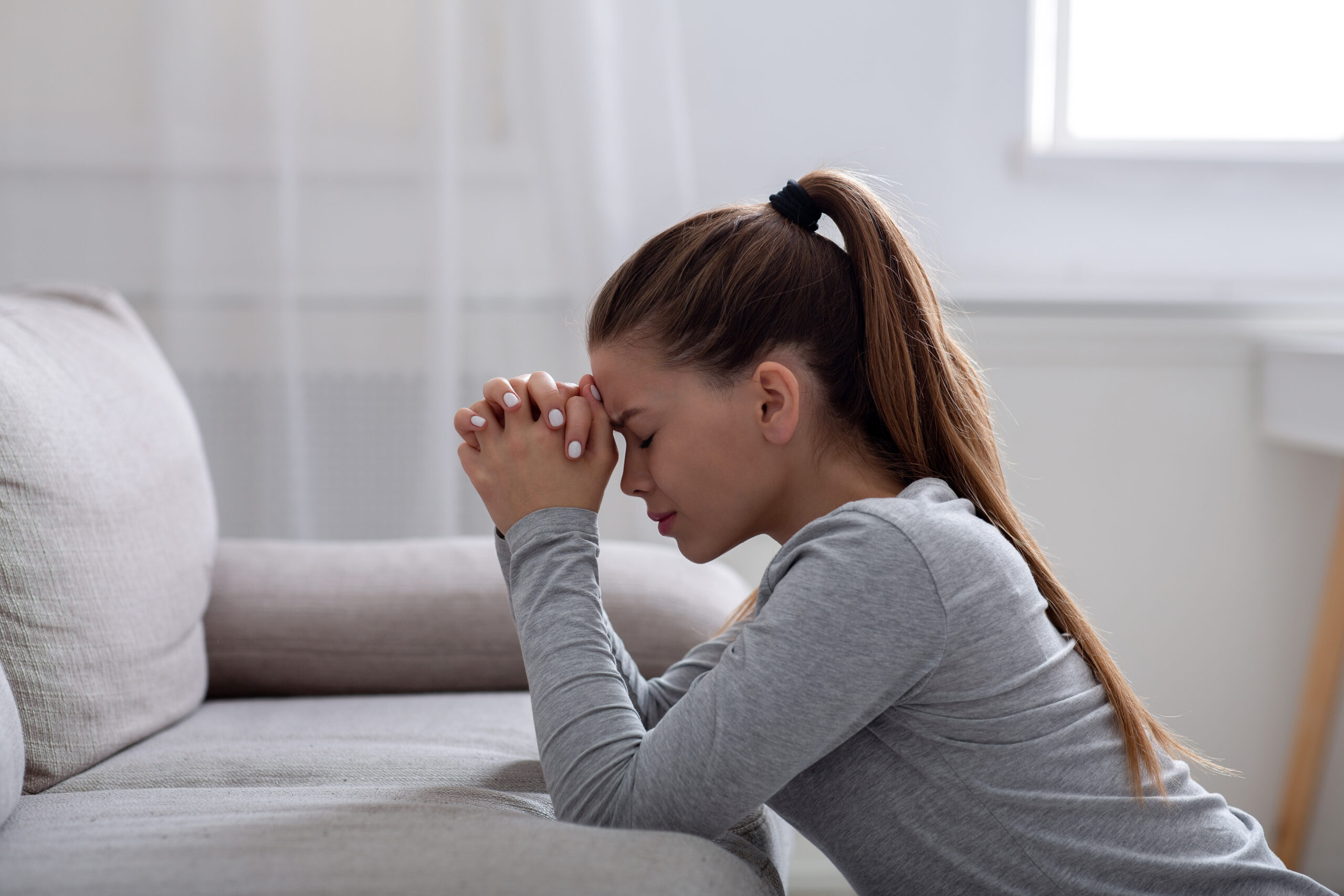As children, we learn everything we know about relationships from our family and friends. We see how our parents interact, we learn from how they treat us, and so on. What we experience in relationships growing up feels so normal that sometimes it isn’t until we reach adulthood that we realize they may not have been healthy relationships at all.
If your “normal” wasn’t healthy growing up, it’s good to take a serious look at what healthy relationships and interactions look like. Too much of the time, we settle for what we’re used to, rather than exploring better ways of relating to each other.
If that’s the case, then what are healthy relationships? Keep reading for our guide to healthy relationship characteristics. By the end, you’ll know how to tell the difference between a healthy vs unhealthy relationship. Let’s get started.
What Are Healthy vs Unhealthy Relationships?
Let’s look at healthy vs unhealthy relationships. These factors and characteristics can apply to all kinds of relationships, whether they are romantic, parental, friendships, or others.
Here are a few healthy relationship characteristics:
- Both people can have their own thoughts and opinions
- Both people feel comfortable expressing those thoughts and opinions, even if they don’t agree with each other
- Both people are treated with respect
- Both people offer each other emotional support and comfort
- Both people feel safe, not threatened or controlled
- Both people are thriving personally
- They encourage each other to make healthy life choices
Can you look at this list and identify a healthy relationship in your life? If you can’t, we are going to talk about how to build healthy relationships later.
But first, let’s look at the characteristics of unhealthy relationships:
- The relationship stresses your mental and physical health
- The relationship causes you anxiety
- One or both people try to control each other
- They are always trying to change each other
- Boundaries are not respected
- You don’t enjoy each other’s company
- They criticize you to others or to your face
- You don’t feel seen or heard
- You can’t express your thoughts and opinions
- You don’t encourage each other to grow
Looking at this list, can you identify some unhealthy relationships in your life? Let’s look at how we learned to have unhealthy relationships and why we stay in them.
Why Do We Stay in Unhealthy Relationships?
Before you knew about the differences between healthy and unhealthy relationships, you may have stayed in an unhealthy relationship for too long. As humans, there are a few reasons why we do this.
First, you may not realize that the relationship is unhealthy in the first place. As we said in the beginning, you learned relationship dynamics by watching and experiencing the relationships around you growing up.
You may have witnessed an unhealthy dynamic between your parents and thought it was normal, so now you’ve found yourself in a similar unhealthy dynamic with your partner.
If you weren’t treated well as a child, you may not know what it feels like when someone does treat you well. For example, if you were quiet and always had friends that would walk all over you, you may still gravitate towards domineering personalities who will take advantage of you because you are used to it.
Another reason people stay in unhealthy relationships too long is because they think the other person will change. Sadly, most of the time it doesn’t happen the way you want it to, and you need to move away from that relationship.
Sometimes people stay in unhealthy relationships a long time because they feel they are stuck and cannot leave. For example, some church cultures teach that a marriage must be saved at all costs, even when it’s toxic, so people stay hoping that it will change.
Are Unhealthy Relationships Doomed?
What do you do when you realize you are in an unhealthy relationship? Is it doomed? The answer depends on several factors.
First, what kind of relationship is it? If it’s a friendship that you realize is toxic, you may need to put distance between you and the friend for the sake of your mental health. However, that doesn’t mean you can’t be cordial or maintain a surface-level friendship from a distance. It won’t be as close as it was before, but it will be healthier for both of you.
For romantic relationships, both people have to want to grow and create a healthy relationship. If one person is doing all the self-improvement work and the other person stays the same, not much will change in the dynamic between the two of you.
Not all unhealthy relationships are doomed, but they will need to change. To become a healthy relationship, both people need to be involved and want to make improvements to the relationship, and to grow in their personal lives.
Please note that we are talking about unhealthy relationships in this blog. Abusive relationships are really in a category all on their own and often require planning to leave. If you are in an intimate partner relationship where there is coercive control, verbal abuse, or violence, please seek professional help to make a safety plan. Only you know when it is the right time to leave the relationship. National Domestic Violence hotline: https://www.thehotline.org/. They can refer you to a local domestic abuse resource center in your area.
How to Build Healthy Relationships
Now that you know the characteristics of healthy vs unhealthy relationships, you can start your new relationships off on the right foot.
In her book, The Verbally Abusive Relationship, Patricia Evans outlines some basic rights in a healthy relationship. Here are a couple of highlights:
- The right to goodwill from the other
- The right to be heard by the other and to be responded to with courtesy
- The right to live free from accusation and blame
- The right to have your work and your interests spoken of with respect
- The right to live free from emotional and physical threat
- The right to live free from manipulation and control
You can read about the rest of the rights in her book. They will help guide you in building healthy relationships.
The main tenets of healthy relationships are mutual respect, open communication, and autonomy. No matter what type of relationship it is, both people should feel free to be fully themselves.
Healthy relationships leave space for personal growth. They do not expect someone to stay the same as they were when they met. The relationship itself should also be allowed to grow. It may change as seasons change, and that’s okay.
Keeping these things in mind will help you build relationships that are healthy, fulfilling, and encouraging.
What Are Healthy Relationships: Final Thoughts
What are healthy relationships? They are the outcome of two healthy people encouraging and loving each other in a safe environment.
Simply put, healthy relationships require healthy people. You are not looking for other people to complete you. You need to pursue wholeness on your own and look to relationships to add joy and love to your life.
When you focus on your growth, you will feel drawn to people who also focus on their growth, and together you can form a healthy relationship. For more resources on healthy vs unhealthy relationships, check out the rest of our blogs.
Author: Anna Harris






